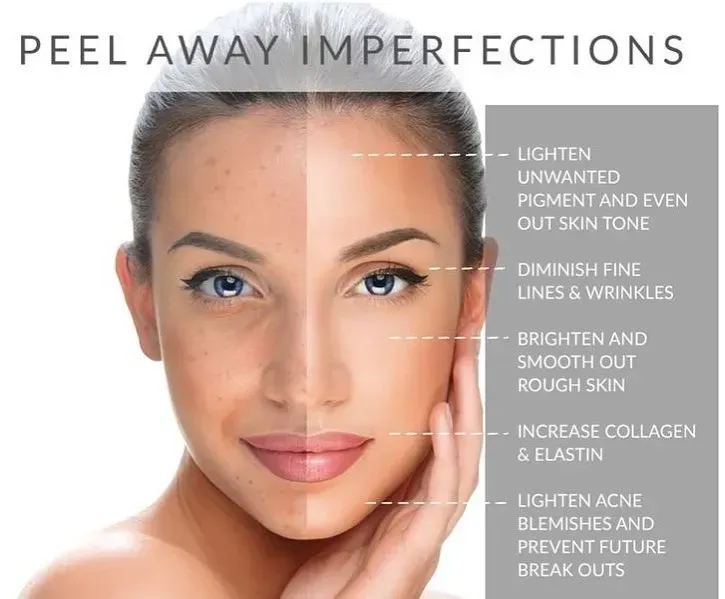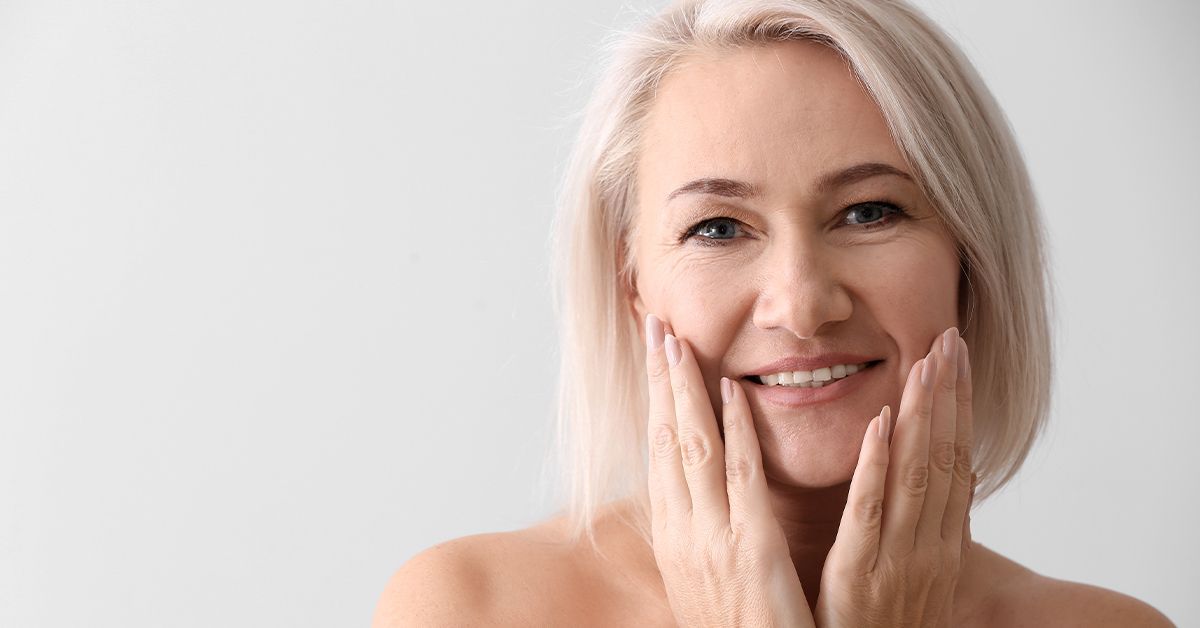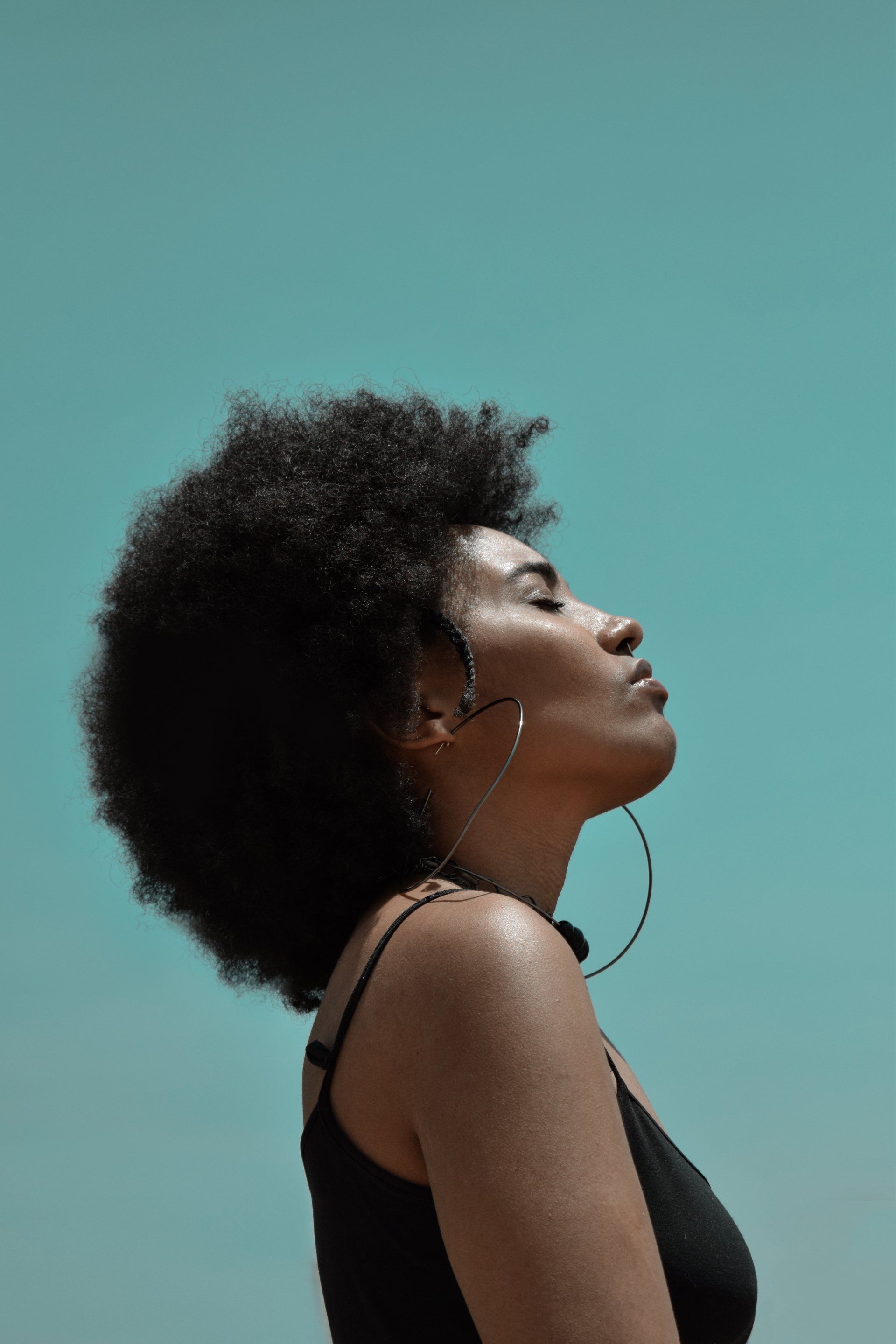Sleep and Your Skin
Sleep and Your Skin
Most of us know that getting enough sleep is important to our overall health. However, in this busy world we live sleep is one of those things we tend to sacrifice. Research is suggesting that doing such could be one of the most destructive things we could do to our body and overall health.
What most people do not think about is that sleep is not only necessary for our overall health, but it is crucial to maintaining healthy skin and our overall appearance. Poor sleep can lead to increased stress hormones in the body that increase the severity of inflammatory skin conditions such as acne, psoriasis, eczema and increased allergic contact dermatitis. Increased inflammatory cells in the body lead to an increase in the breakdown of collagen and hyaluronic acid, the molecules that give the skin its glow, bounce, and translucency. Increased inflammation interferes with the body’s ability to regulate the immune system.
Have you ever noticed puffy bags and under eye circles in the morning? That’s because lack of sleep results in poor water balance. When you sleep your body has the chance to rebalance itself. Through the sleep process the skin recovers moisture, while the body processes excess water for removal.
Getting sleep is one thing. Getting enough sleep is another. Deep sleep, known as slow wave sleep (SWS) sleep, is a phase of sleep when growth hormones rise, and the repair of damaged cells occurs. Without the deeper phases of sleep, this won’t occur. Lack of deep sleep can result in more noticeable signs of aging. If that’s not enough to get you to bed sooner and for longer periods of time, recent studies have linked sleep deprivation to excess snacking and calorie consumption. We all know what that behavior leads to.
Tips for Better Sleep
- Sleep Like A Vampire. The darker your room, the better you sleep. Light influences the wake stage of sleep so the darker you can get your room, the more time you will get in the restorative stages.
- Make It A Meat Locker. Set the room temperature to around 68 degrees. You will fall asleep quicker when your bedroom is slightly cool.
- Your Bedroom Is Not A Three Ring Circus. The more you can associate the bedroom with sleep the better. Avoid doing work and social media surfing while in bed.
- Blue Is Not for You! Phone, tablet and computer screens are stimulating and keep you awake.
- Don’t Drink and Sleep! Caffeine has a lingering presence for many hours after consumption. Refrain from caffeine consumption at least 4 hours before bed. Just as caffeine intake impacts the body, so too does alcohol.
- Get in Rhythm. Try your best to develop a routine. Go to bed and get up at similar times each day.
Practice these behaviors and you’ll certainly find that you are not only getting more consistent sleep, but you’ll notice that you are more cognitively aware, less stressed, happier, healthier, and better able to take on life’s many challenges.




